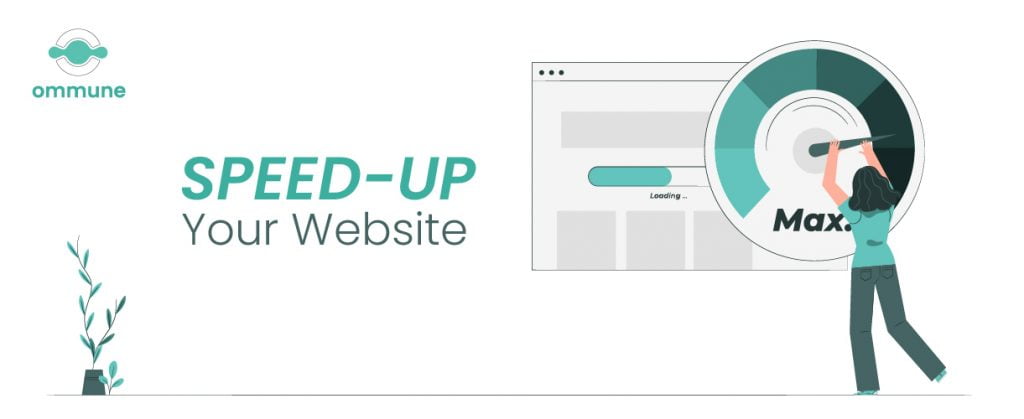
Top 5 ways to boost your website performance
Web hosting Crafted for top website performance
Here, you’ll learn all that is pertinent to understanding how well your website performs. You’ll learn the significance of website performance, the variables that influence it, and the steps you can take to safeguard that your website runs smoothly at all times.
But before we get into it, let’s first define what we mean by website performance.
What is website performance?
Website performance refers to how well a website provides essential information to its users. It is the rate at which a website’s pages display in your browser after being loaded. In addition to being a strong determinant of success, clarity is also essential.
For instance, Google takes the speed with which a page loads into account when evaluating its effectiveness. If the page jerks or changes position unexpectedly as it loads, it will be penalized in search engine results which will ultimately affect your website performance.
A well-designed website won’t burden the user with unnecessary features and won’t hide or make it difficult for them to get the information they seek.
First impressions matter, especially with regard to your website. How it performs initially can determine whether or not a customer stays or leaves.
Everything from user experience and brand perception to search engine optimization and conversions is impacted by a website’s performance. It is crucial to the success of any internet enterprise. This begs the question: why don’t more businesses see where they’re falling short and what they can do to fix it?
In order to function at your highest level, it’s important to identify bottlenecks and learn how to remove them.
Check your website’s speed! on Google page speed test
Check your site’s SEO, mobile friendliness, and security with the help of a website grader.
Why is website performance important?
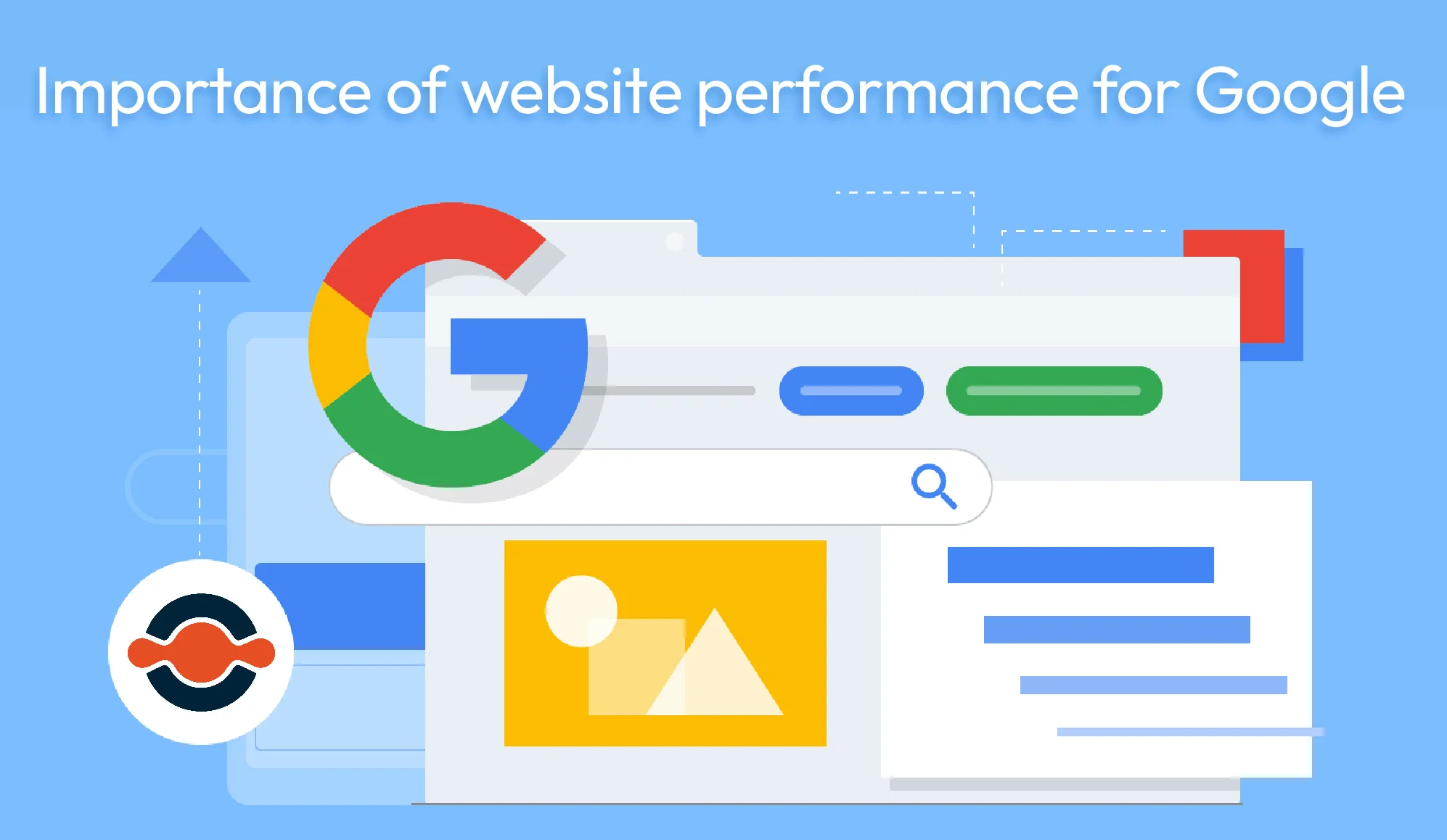
The experience using a product
Improving your website’s performance is primarily about giving your users a better overall experience. Any decisions made during the design process should prioritize user satisfaction, and speed is a major component in determining how this is achieved. What’s the big deal about website speed, anyway?
User experience (UX) impacts nearly every facet of your website’s performance. It affects how people think of your company when they come, where you rank in search results, and how many people end up making a purchase.
Visitors will leave your website quickly if they encounter clumsiness and slowness. However, a well-executed website may make a lasting impression on visitors and encourage repeat visits.
Consumers’ Opinions of a Brand
The impression that potential customers form of your company depends in large part on how they react to your website. If your website performance is sluggish and unreliable, it will reflect poorly on your business.

Some of your site visitors may form an instant impression that you’re not serious about your business. Some people may doubt your skills or think your website is harmful.
Strong website performance guarantees a good first impression before any encounter with a potential customer.
Consumer’s Opinion
The primary goal of any website’s layout should be to draw in and hold the attention of site visitors. In contrast, slow load times engender frustration and might make it harder to retain visitors. The study found that the percentage of visitors who left the site increased by 35% between the first and third seconds and by 92% between the first and fifth seconds of a page’s load time.
It’s great to have a visually impressive website. However, if it loads slowly and has a high bounce rate, it is not likely to provide the desired outcomes and affect your website performance and ranking badly.
Search Engine Optimization (SEO)
How well your website functions can have a major effect on how well it ranks in search engines. Search engines started using page load times as a ranking factor, which also held true for mobile-friendly websites. The search engine takes load time into account when evaluating the quality of the user’s experience. Plus, it raises the rankings of sites with higher-quality UX.
Though relevance is more important, page speed can still have a significant effect on your website’s ranking. This can have a chilling effect on on-site visits, potential customers, and revenue. You may improve your site’s search engine rankings by making sure it loads quickly and runs smoothly.
Sales and conversions
Website efficiency directly affects your conversion rate, which in turn directly affects your bottom line. Nearly 72% of customers say page speed affects their decision to buy from an online store. There is no denying that a website’s performance affects patron happiness.
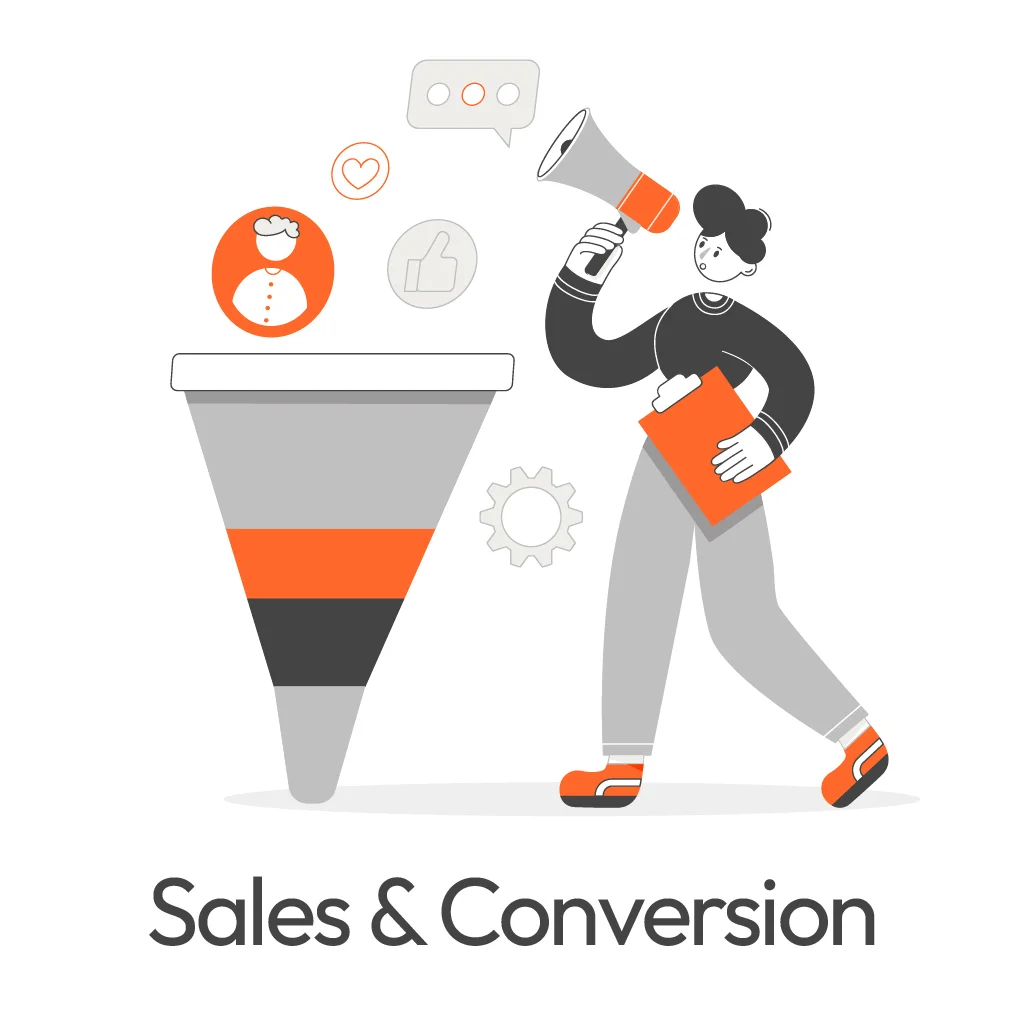
If a visitor enjoys their time on your site, they are more likely to make a purchase. The success of your website has a direct effect on your bottom line and the number of leads you receive. Accelerating even marginally faster can have a dramatic effect.
Factors affecting website performance
Superfluous code
Superfluous code is code that’s poorly optimized. It’s unnecessary programming that doesn’t improve the usability, performance, or overall quality of your site. If you decide to get rid of it, you need to be cautious about what could get damaged in the process.
Examples of this code include an excess of:
- Visual animations
- Pixel monitoring and other tracing techniques
- Chatbots
- Widgets

If too many of these things are coded into your
website and work at the same time, it can slow down performance and make it difficult for users to interact with the site.
Badly organized source code
Website performance suffers when bad coding is used. Slower page loads and a less satisfying overall experience are the results of poorly structured code. There can be severe drops in performance due to poor codings, such as faulty HTML markup, JavaScript problems, or resource-hungry activities if they are not monitored.
Invest in a performance-based budget
Every new feature you add to a website slows it down. Adopting performance budgets is crucial to limiting the scope creep of your own.
Set a performance budget to limit your team’s expenditures. This could mean setting a maximum file size for Js packages, a limit on the total size of images, or a time limit on how long it takes for the page to completely load.
With a set spending limit in mind, you’ll be able to prioritize features and eliminate waste. It fosters a sense of responsibility, which is essential for measuring the effects of design decisions on site visitors.
The inclusion of new code should be tracked
There need to be periodic audits of any additional code, such as analytics and monitoring images. It is suggested that you set up periodic reminders to reevaluate their usefulness and deactivate them if they are no longer needed.
Reviewing your code updates on a regular basis will help you determine which ones are having the desired effect and which ones aren’t, allowing you to fine-tune your code for maximum efficiency.
Find a company that has a wide range of technical knowledge and experience.
It is highly recommended that you hire a company with extensive technical knowledge to verify that your code is properly structured and contains no unnecessary additions. Your website will be built in the most effective manner, with performance as a top concern.
Web Content Management System Host
A code-based framework, such as WordPress or Concrete5, is the foundation of conventional website creation. The central content management system functionality is provided by hosting arrangements, which is a specialized sector in the modern web.
The process of hosting your own website can be time-consuming, complicated, and costly. Your website’s performance may suffer if you use subpar hosting. It’s not uncommon for single-instance servers to be overwhelmed with traffic. It’s possible that visitors will encounter difficulties when trying to access your website if you don’t use load balancing and a content delivery network.
Platform-as-a-service (PaaS) providers like HubSpot reduce this burden by taking care of it in a hassle-free, distributed manner. As they expand, they’ll gain access to the specialists vital to maintaining worldwide performance, security, and accreditation.
Since it is commercially built and maintained, the HubSpot CMS is of particular value.
This means that all feature development is controlled by HubSpot, which makes the CMS more reliable and secure than other alternatives. Plus, they have a suite of inbuilt performance tools on their platforms, like automated image optimization, code minification, free SSL certificates, and more.
Image and data size
Keep in mind that the size of your website’s graphics and photos will significantly affect its loading time as you design it. You can hurt your website’s performance in search results if you use a lot of high-resolution images.
Strike a balance between flashy pages and pages that need top performance. Landing pages featuring crucial call-to-actions, for instance, should be optimized for speedy load times and seamless navigation.

The first thing you need to watch out for is using too many pictures on your site. It’s important to select them deliberately, treating them as if they were additional resources. The next step is to scale your images down to the appropriate proportions. A browser or server must perform this action, but doing so will slow down your system. Therefore, you should perform this step before uploading. Last but not least, try to minimize file sizes. To achieve the optimal size—one that is small enough to increase performance while still preserving quality—when compressing files, we advise using a dedicated compression tool.
Types of files that are recommended:
- Image formats that work best are JPG and WebP.
- PNG is best suited for use with solid blocks of color.
- Simplified variants of the above can be used as HTTP requests for SVG files.
- The Hypertext Transfer Protocol is used by every single website today (HTTP).
To bring up a website, a browser must first make an HTTP request to the server that hosts the site. The requested data is then returned by the server. As the number of requests made to the server for resources increases, the slower the page will load.
Additionally, it has in-built multiplexing, allowing for the simultaneous processing of multiple requests. This is useful for getting around any delays that may occur.
Preservation of previously viewed web pages
The term “caching” refers to the practice of saving information in a format that allows for speedy retrieval at a later time. Website information, such as HTML files and images, is stored on a visitor’s device in a browser’s cache. To save time and data, the browser stores frequently used files locally and retrieves them from the cache when the user revisits the page.
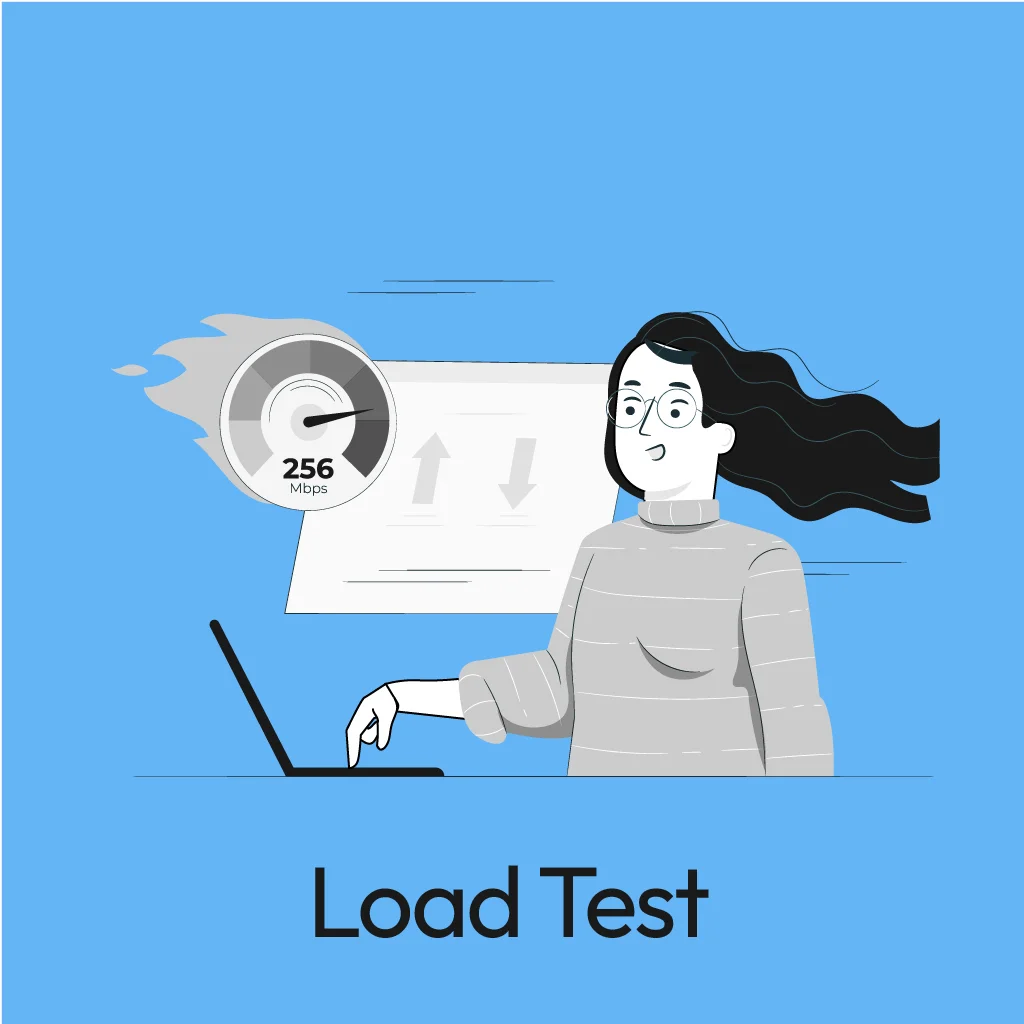
An efficient caching strategy will allow you to:
- For returning customers, please decrease page load times.
- Quicken the rate of repeat visits
- Reducing bandwidth usage
Especially for content that will be sitting on your website for extended periods of time without any changes, this method is crucial.
Logos and other globally used CSS styles can be safely cached for an entire year before needing to be updated. For the rest of your site’s content, a week is the maximum amount of time to keep it in storage before deleting it. Make sure the “Cache-Control” and “Expires” headers are properly set by consulting with your developer. This will verify the efficacy of your caching policy.
Networks that distribute content
The time it takes for your website’s files to send and load depends on how far away the device making HTTP requests is from your servers, which means that a longer distance means a slower website.
A content delivery network is a solution to this issue. It is a network of computers located in various locations that store static copies of your website as it uses a user’s IP address to determine the server that is geographically closest to the user and then delivers the requested files from that server.
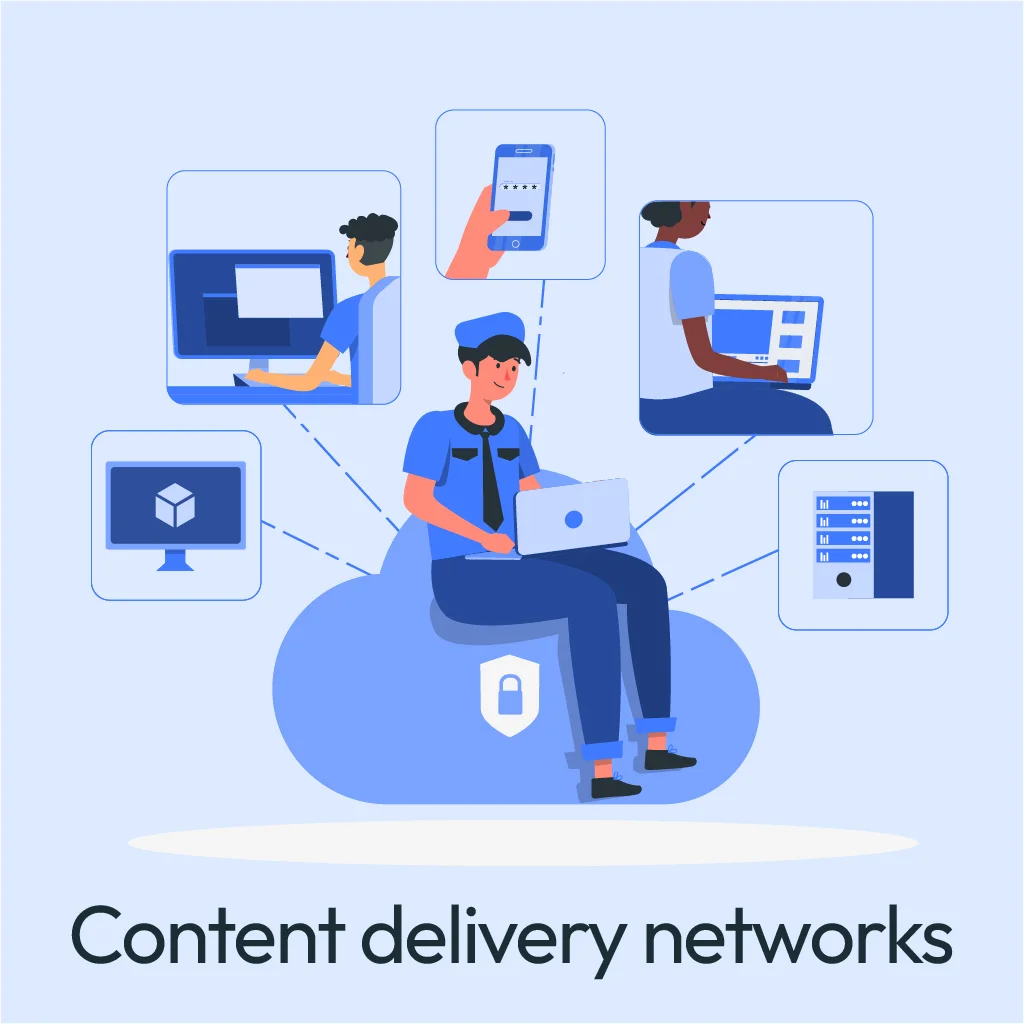
Using a content delivery network (CDN) is a fantastic way to facilitate the distribution of dynamic resources in different zones, making the documents more accessible to users. If your website isn’t already geographically distributed and load-balanced, this can be a great way to improve performance.
Mobile-Friendly Design
More and more people rely on their mobile phones to access the internet. 57% percent of all website traffic in the first quarter of 2022 came from mobile devices. It’s easy for designers and developers to forget that mobile devices are preferred by such a large percentage of users, and instead focus on desktop computers.

You should prioritize mobile users when designing your website so that everyone can enjoy a seamless experience across all devices. It is much simpler to implement responsive web development practices at the outset of a project.
Google Analytics is a great tool for finding out which browsers and operating systems your visitors are using. Consider a mobile-first approach seriously if the majority of your audience is using mobile devices. This ensures a high website performance strategy from the get-go, rather than adding expensive features later on to accommodate larger devices.
Make minimal use of add-ons
There’s a good chance you and your developers will be tempted to make extensive use of the thousands of available plugins for WordPress and other platforms. Although they appear to be a fast track to more complex features, not all of them are built with efficiency in mind.

With such a low barrier to entry, plugin quality can vary widely. Additionally, they can add a plethora of new coding elements to your website, such as tracking or analytics.
As many of these plugins share code, installing them could result in an increase in system complexity without providing any tangible benefits. Avoid using these plugins excessively because of the negative effects they can have on your website’s performance and speed.
Takeaway
Now that we’ve discussed the importance of having a website that performs well, you should have a better idea of what it takes to get ranked in search engines to reach your target audience. Please get in touch with us if there is anything that we can do to be of assistance.